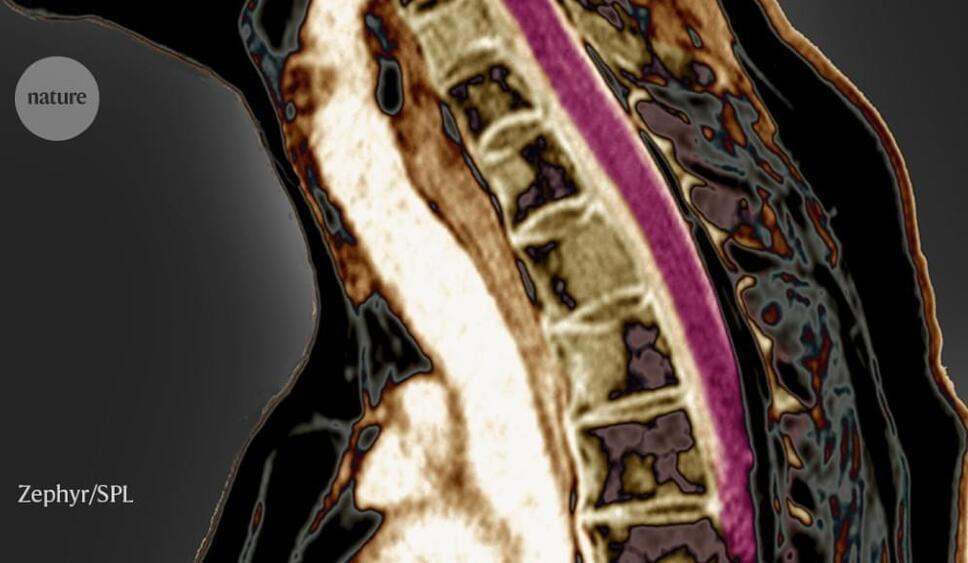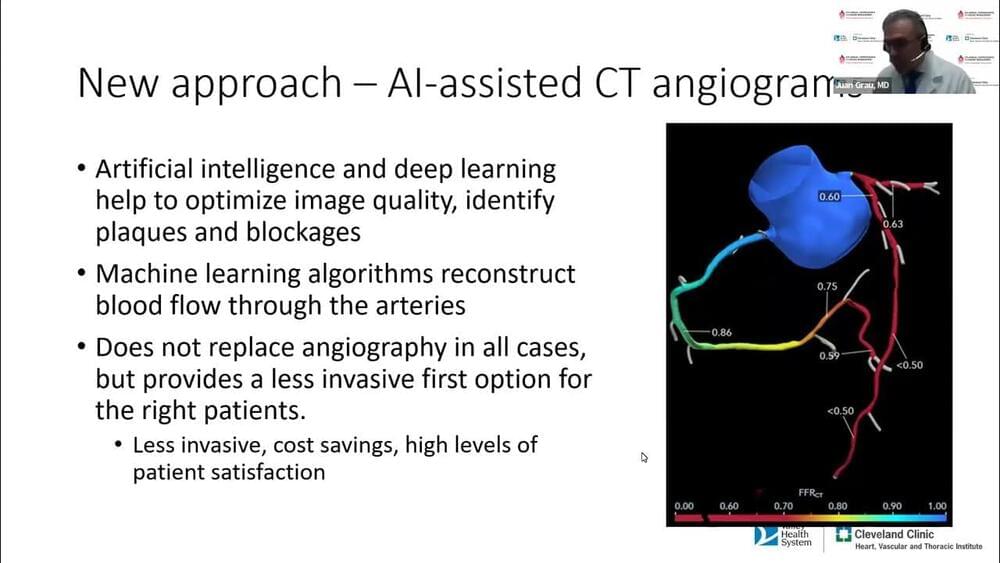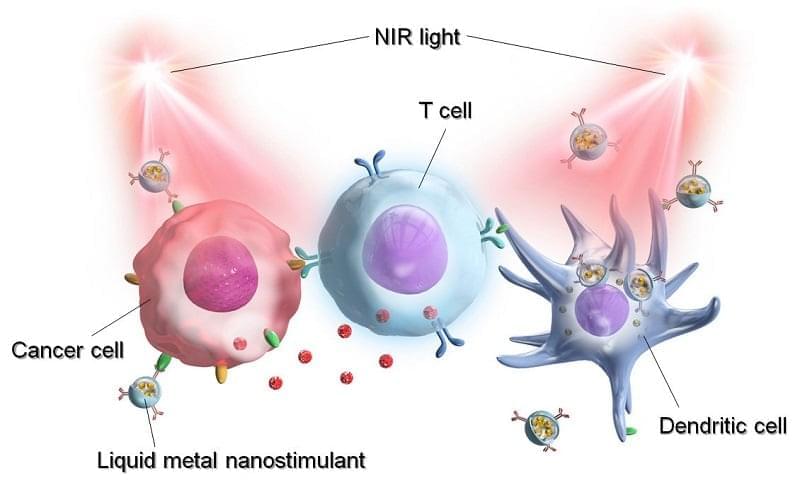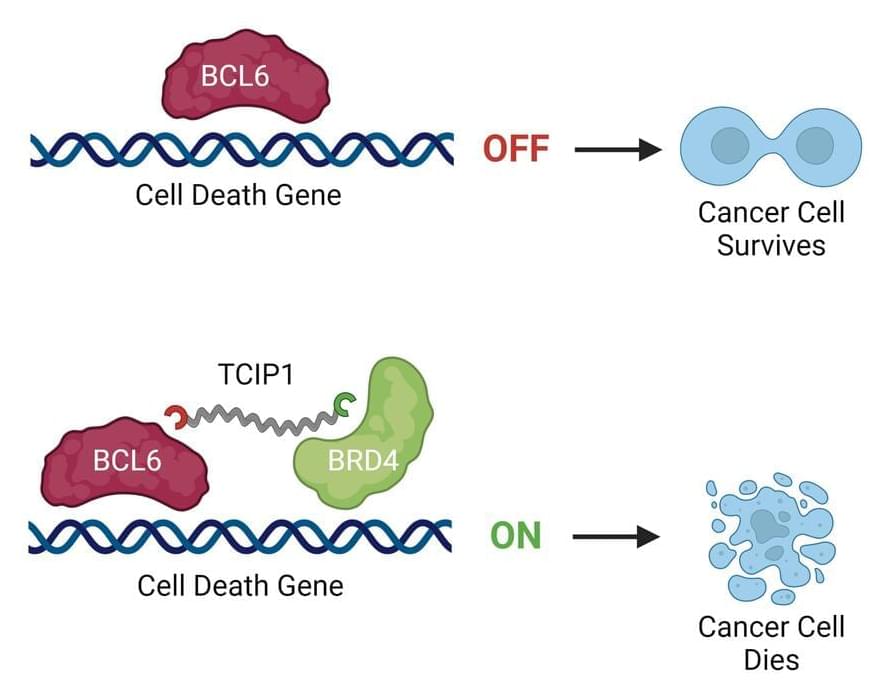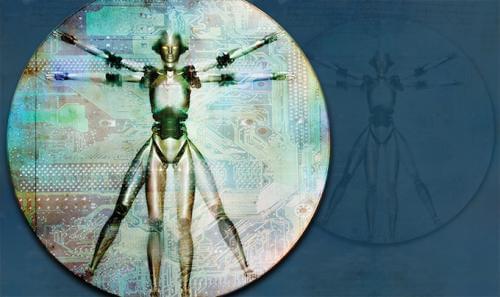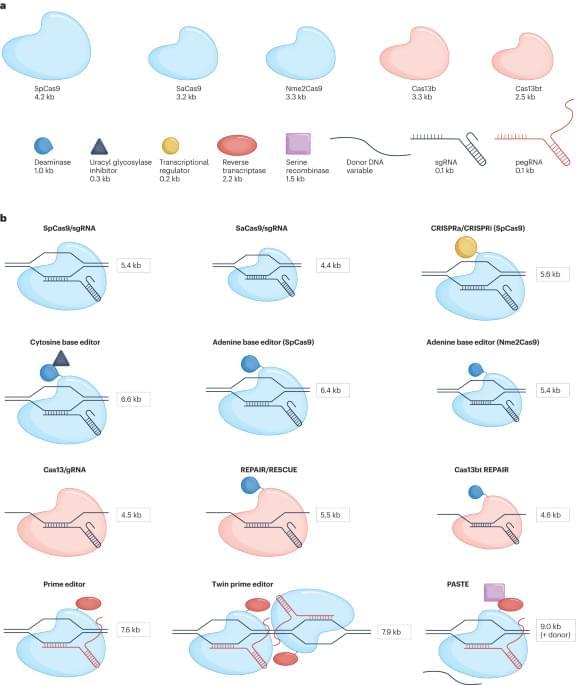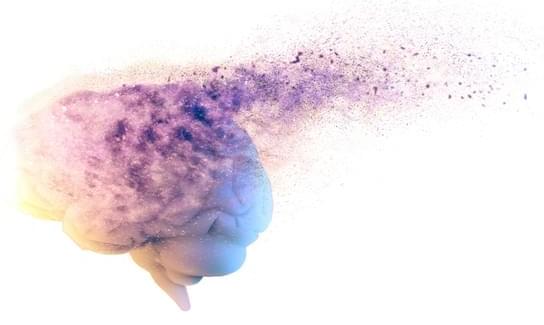Sep 19, 2023
Strange Mathematical Pattern Found in The Cells of The Human Body
Posted by Paul Battista in categories: biotech/medical, mathematics, neuroscience
From the oxygen-carrying corpuscles in our blood to the branching neurons that govern our thoughts, our body is built of a dazzling variety of cells.
Researchers from institutions in Germany, Canada, Spain, and the US have published a comprehensive study of how many individual cells of each type there are in typical bodies.
Based on an exhaustive analysis of over 1,500 published sources, most adult males contain a total of around 36 trillion cells, while adult females tend to have some 28 trillion cells. A 10-year-old child, by comparison, would have in the region of 17 trillion.

